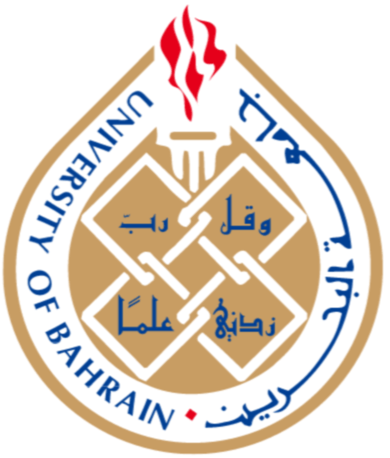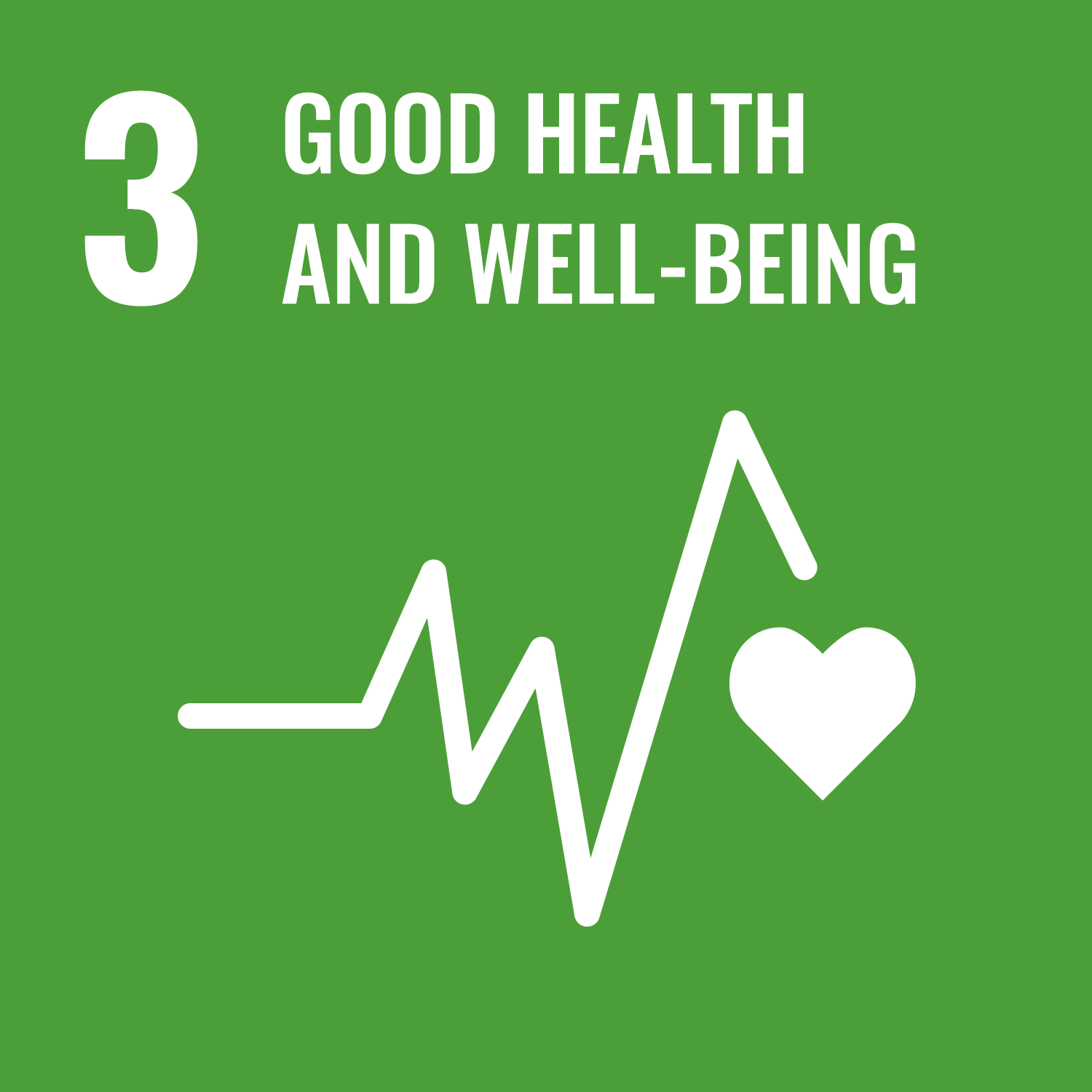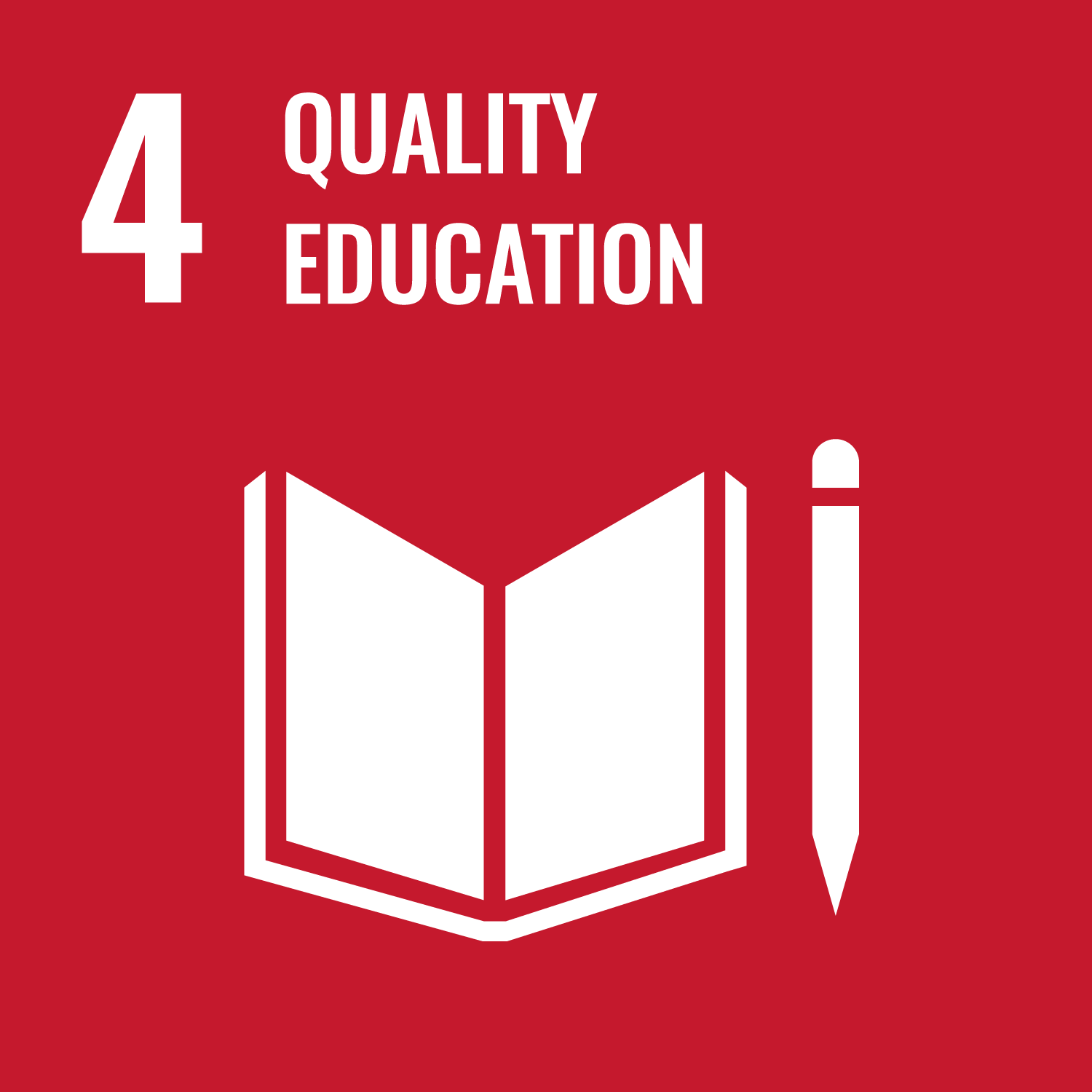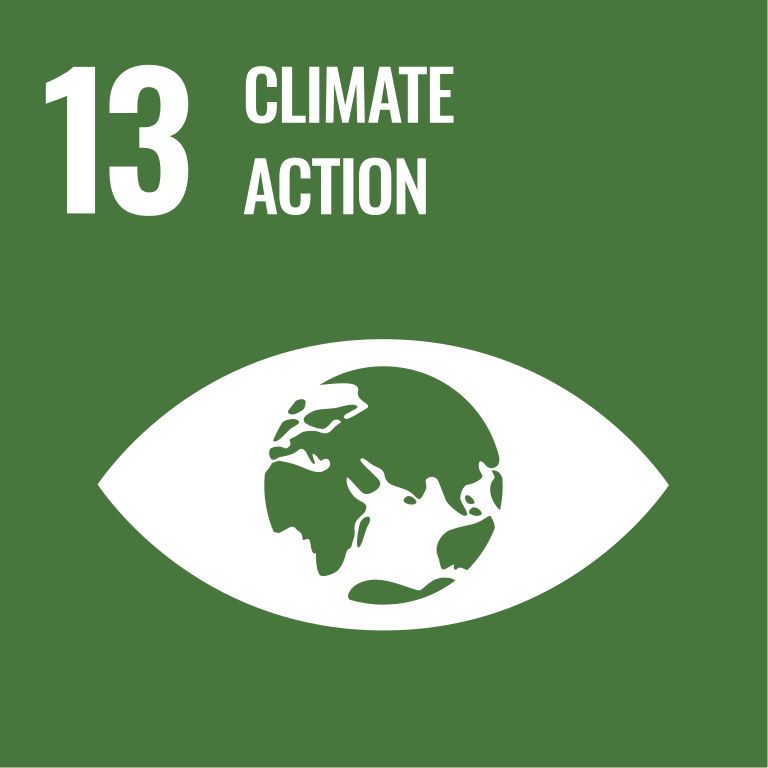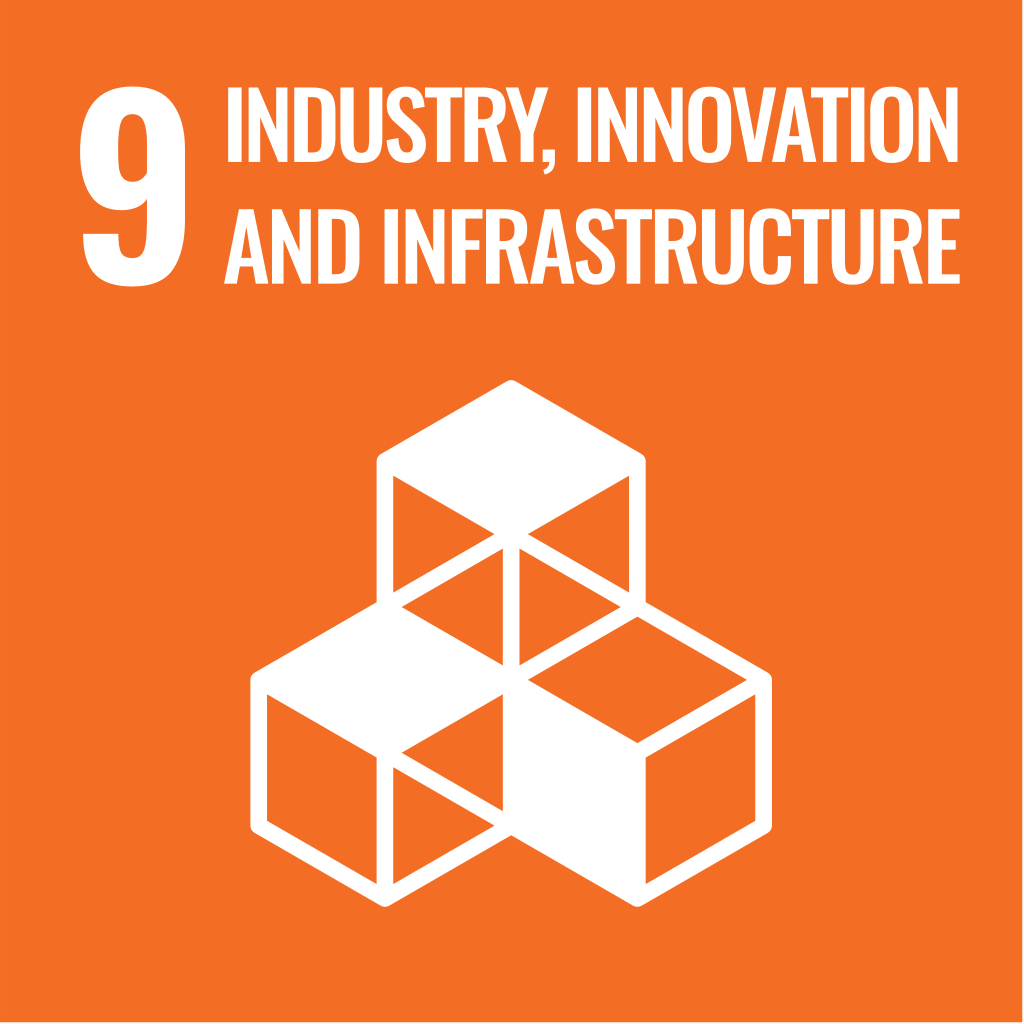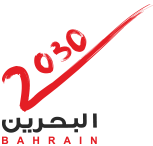Operations and Institutional Arrangement: Initiatives
SDG 3: Focus Areas
3.3.4 Sexual and reproductive health care services for students
Does your university as a body provide students access to sexual and reproductive health-care services including information and education services?
The University of Bahrain provides free sexual and reproductive health-care services and comprehensive reproductive health education to all students. Through the College of Health and Sport Sciences, students receive structured instruction on sexually transmitted diseases, family planning, and women’s reproductive health, supported by community outreach, breast cancer awareness campaigns, and midwifery programs that empower students with practical knowledge.
Additionally, the University’s on-campus Health Care Center offers free medical consultations, preventive care, screening campaigns, and referrals to national reproductive health services when required. These services ensure equitable, barrier-free access to reproductive health information, early detection, preventive care, and professional support for all students.
Together, these initiatives fulfill THE’s requirements for SDG 3.3.4 by providing both accessible health services and comprehensive reproductive health education.
Reproductive and Sexual Health Education
Overview:
The College of Health and Sport Sciences (CHSS) at the University of Bahrain is making significant strides in improving reproductive health. As part of the Women’s Health course, nursing students are equipped with essential knowledge and skills, focusing on critical topics such as sexually transmitted diseases (STDs) and family planning methods. Students explore various STDs like chlamydia, gonorrhea, syphilis, HIV, and HPV, gaining a nuanced understanding of sexual health, emphasizing early detection, prevention strategies, and destigmatizing discussions surrounding these issues.
Furthermore, the course highlights diverse family planning methods, enabling students to provide accurate information and support to women and families in making informed reproductive choices. Beyond classroom learning, CHSS fosters community engagement by encouraging students to conduct health education sessions and family visits, where they share vital information on reproductive health with women across different community levels.
This hands-on approach not only enhances students’ understanding but also allows them to make a tangible impact in their communities. Ultimately, by empowering future midwives and healthcare advocates, CHSS at the University of Bahrain plays a pivotal role in promoting women’s health, fostering open dialogue, and breaking down barriers.
Impact
Relevant SDG 3 Targets and Indicators:
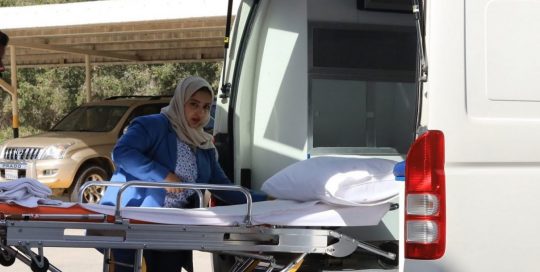
University of Bahrain Clinic – Advancing Campus Health and Well-being
The University of Bahrain (UoB) operates a fully equipped on-campus Health Care Center that provides free, high-quality medical services to all students, faculty, and staff. The center’s professional medical team examines, diagnoses, and treats patients directly on campus, ensuring convenient access to essential healthcare without financial or logistical barriers.
Comprehensive Health Services
The Health Care Center delivers a broad range of medical, preventive, and wellness services, including:
- Medical consultations and treatment for acute and chronic conditions.
- Preventive care and health screening campaigns.
- First-aid and emergency support during campus hours.
- Health education workshops on mental health, nutrition, and lifestyle.
- Referrals to specialized medical facilities when needed.
- Ongoing disease prevention and health awareness programs focused on physical and mental well-being, nutrition, and fitness.
Impact
From September 2023 to December 2024, the clinic handled over 2,300 medical cases and initiated 514 ambulance calls, highlighting its vital role in maintaining the health and safety of the university community. Many cases were referred to national healthcare institutions for further treatment, reflecting strong collaboration between UoB and Bahrain’s wider healthcare system.
Commitment to Well-being
Through accessible and inclusive health services, the University of Bahrain ensures that healthcare is equitable, barrier-free, and preventive, supporting students’ concentration, attendance, and overall academic success.
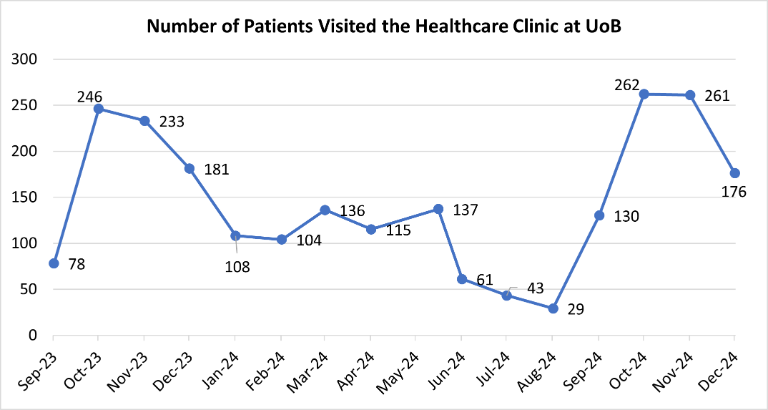
Relevant SDG 3 Targets and Indicators:
Offers free consultations, educational sessions, and awareness workshops on reproductive health, family planning, and preventive car
Provides counseling services, mental health workshops, and the active promotion of well-being, supported jointly by the Health Care Center and the College of Health and Sport Sciences (CHS).
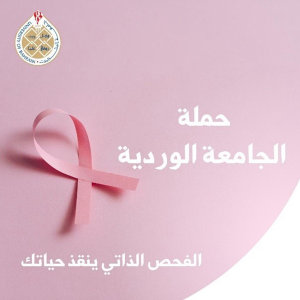
Pink University Campaign
Overview:
The Pink University Campaign aimed to enhance breast health awareness among young female university students. Launched by the College of Health and Sport Sciences in collaboration with the Equal Opportunities Committee, this initiative emphasized the importance of self-examination as a proactive measure for early detection of potential health issues.
The campaign featured educational stations across the university’s colleges, offering essential information on correct breast self-examination techniques. Interactive demonstration sessions provided students with hands-on practice in a supportive environment, reinforcing the importance of regular health checks and self-awareness.
To support learning, the campaign distributed informational materials such as pamphlets and flyers, reinforcing key messages about breast health. Additionally, health professionals delivered expert education and clinical examinations, providing valuable insights and addressing student questions through Q&A sessions.
The College of Health and Sport Sciences
assessed Students’ Knowledge, Attitude, and Practice (KAP) Regarding Breast Self-Examination prior to the campaign.
The study revealed significant gaps in KAP among female university students, indicating limited awareness, reduced engagement, and insufficient understanding of proper BSE techniques. These findings highlight the need for targeted educational initiatives to improve knowledge, enhance motivation, and strengthen proper BSE practice. Expanding BSE awareness across the broader community is also recommended.
Relevant SDG 3 Targets and Indicators:
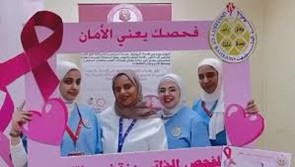
Breast Cancer Awareness Campaign for High School Students – “Together for Support and Hope”
Overview:
The College of Health and Sports Sciences at the University of Bahrain has launched the “Together for Support and Hope” initiative to raise awareness about breast cancer among high school female students. This campaign specifically targets both public and private secondary schools across various governorates in the kingdom. The initiative emphasizes the significance of early detection and prevention of breast cancer, equipping students with essential knowledge about risk factors, screening methods, and healthy lifestyle choices. Through engaging presentations and interactive discussions, the campaign aims to empower young women to take charge of their health and recognize the importance of regular screenings. In addition to education, the initiative promotes a culture of solidarity, encouraging students to support those affected by breast cancer. By fostering an environment of compassion and understanding, the campaign highlights the crucial role of emotional support in the healing process. Overall, “Together for Support and Hope” not only seeks to enhance awareness and knowledge about breast cancer but also strives to build a supportive community that empowers young women to unite in the fight against this disease.
Impact:
The initiative strengthens youth awareness of breast health, promotes early screening, and nurtures empathy toward those affected. It builds a supportive culture among young women, inspiring collective responsibility for health and well-being in society.
Relevant SDG 3 Targets and Indicators:
Specialized Midwifery Education
Overview:
The University of Bahrain is dedicated to promoting women’s health by offering a specialized postgraduate degree in midwifery designed to equip practitioners with essential skills and knowledge. This initiative focuses on enhancing maternal and neonatal care, addressing the specific health needs of women in Bahrain. The specialized program aims to train midwives in evidence-based practices, enabling them to provide comprehensive support throughout pregnancy, childbirth, and the postpartum period. By focusing on areas such as prenatal care, labor management, and postpartum support, the program directly contributes to improving health outcomes for women and infants.
Additionally, the University of Bahrain offers sponsorship for female faculty members to pursue a postgraduate diploma in midwifery. This investment not only strengthens the academic foundation of the program but also empowers women to take leadership roles in healthcare. By cultivating a skilled workforce of female midwives, the university enhances the quality of care available to women in Bahrain, ultimately promoting healthier families and communities.
Impact:
By developing a skilled cadre of midwives and supporting faculty training, the university improves maternal and infant health outcomes in Bahrain. This initiative advances gender equity in healthcare and strengthens national capacity for safe motherhood and family well-being.
Relevant SDG 3 Targets and Indicators:
